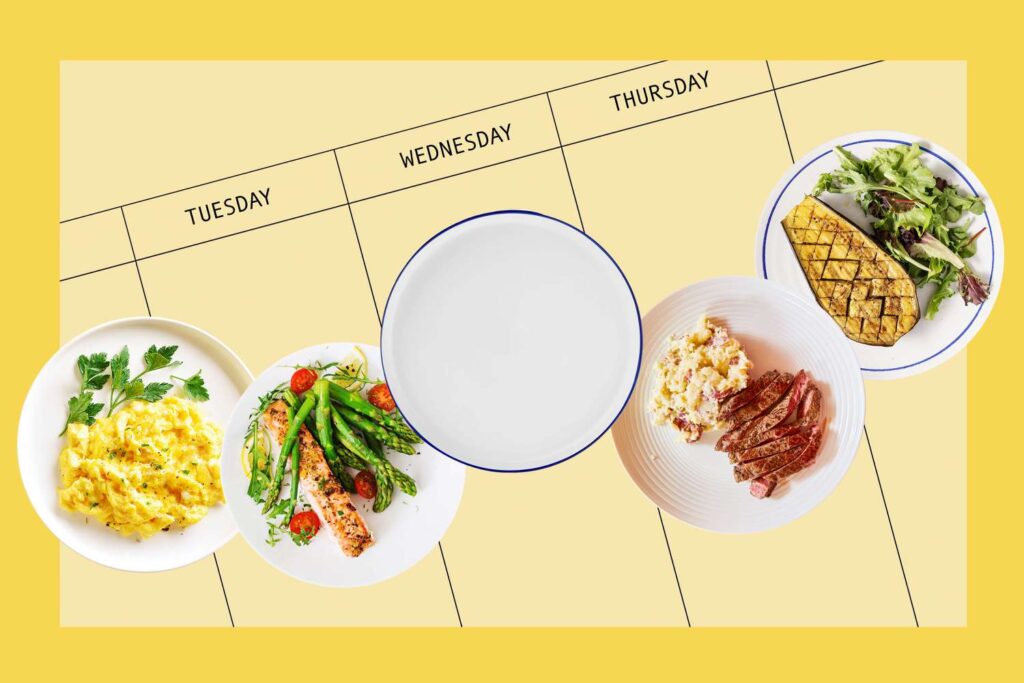Grocery prices have risen 25% since the pandemic began — even more when you factor in the cost of fuel and other small purchases — and now a new study says it’s having a big impact.
More than a quarter of people surveyed said they had skipped meals or sacrificed other expenses because of rising costs, said Intuit Credit Karma, a provider of financial product information. The survey was conducted online among 2,011 U.S. adults the week of May 7.
According to the survey, 28% of people said they have put off paying rent or other bills or other necessities in order to buy groceries, 27% said they sometimes skip meals, an additional 18% have applied for or are considering applying for food stamps or other assistance, and 15% rely on or are considering going to a food bank for groceries.
(According to the latest USDA statistics, 41.2 million Americans receive federal food benefits each month, with the average recipient receiving $230.88 per month.)
Even if people aren’t taking specific steps to control their food costs, the survey found there is a widespread perception that prices are rising. When asked about inflation, four-fifths (80%) of those surveyed said they have seen the biggest price increases in grocery shopping, followed by gasoline (51%), utilities (39%), housing and eating out (both 27%).
“Food insecurity is a major issue in this country because millions of Americans don’t have enough food or access to healthy foods,” Courtney Aref, consumer credit advocate at Credit Karma, said in a statement.
The rising costs have “put American families, especially low-income families who need to provide for their families, in a precarious position.”
While food inflation appears to be easing, “Americans are still facing rising costs for rent and other necessities like gasoline that could impede their path to economic security,” she said.
According to the survey, many people are changing their grocery shopping habits: About 37% said they are now shopping at discount grocery stores instead of big box stores, and about a quarter (26%) of respondents said they are buying less healthy foods for themselves and their families due to budget constraints.
Intuit Credit Karma says this could be affecting shoppers’ mental health. A fifth of respondents, or 21%, said they feel embarrassed about not being able to afford groceries. The survey found that many respondents are in a bind: More than half (53%) said they make too much money to qualify for government assistance like food stamps, but not enough money to buy monthly necessities.
Other overall data showed that nearly half of those surveyed, about 44%, said they felt financially unstable, and the number was even higher for those with household incomes under $50,000, about 56% of whom said they felt financially unstable.
There’s plenty of data to back up this response: The Federal Reserve has said that grocery prices have risen 25% since 2020, consumers, even President Biden, are upset about the cost of groceries, and supermarkets and big-box retailers like Walmart, Target, Aldo, and AmazonFresh have recently rushed to lower prices.
Still, when you factor in driving costs, even a quick trip to the store becomes even more expensive: The cost of a bag of groceries is estimated to have risen 31% since 2018, according to a Yahoo Finance analysis. This is true even as food price inflation has been moderating: It rose 1.2% in April and is expected to rise 2.2% through 2024.
So no matter what stores do, the consumer reality is a world of rising prices and sacrifices to afford them.


